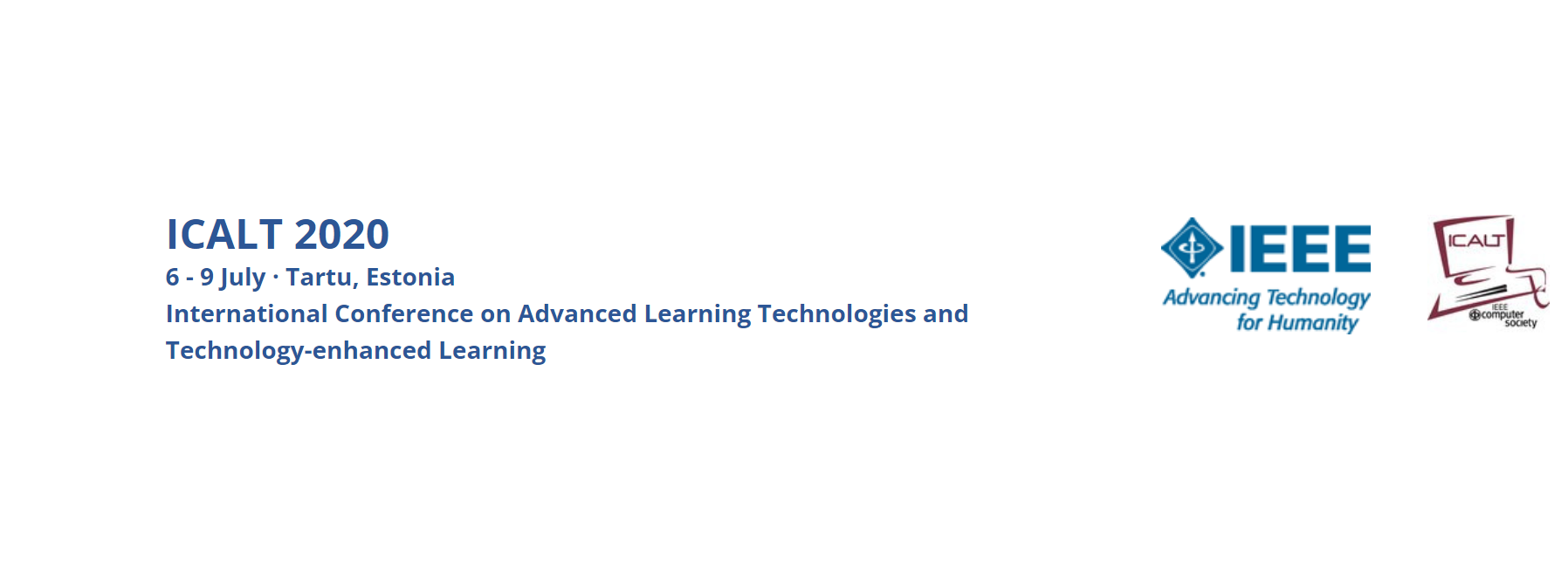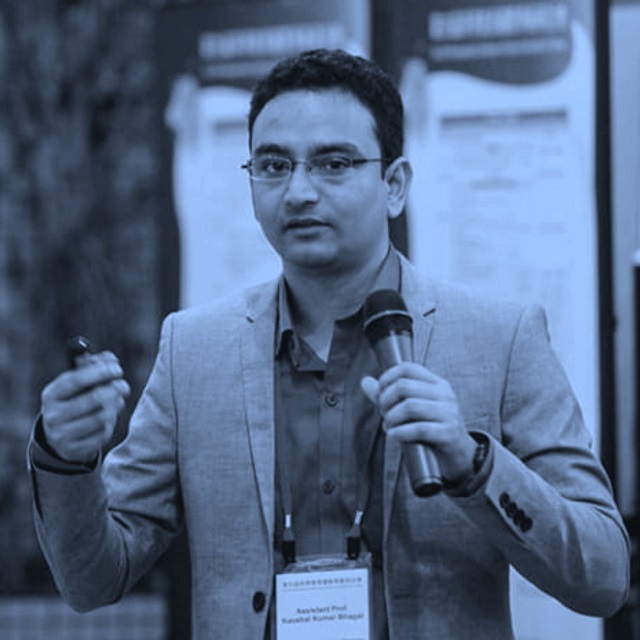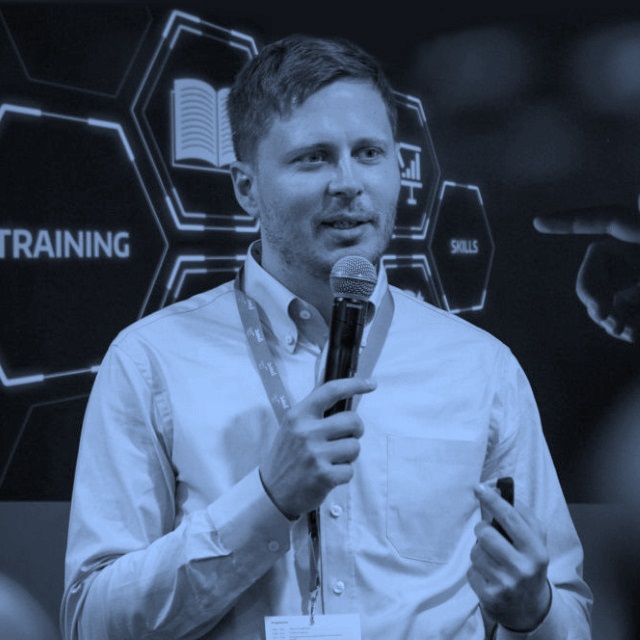
Keynotes

Kaushal Kumar Bhagat
“Inquiry and critical thinking skills need to be developed early so that those skills become habits of mind …”

Dirk Ifenthaler
“Rigorous empirical evidence on the successful usage of learning analytics for supporting and improving students’ learning and success in higher education is still lacking.”

Märt Aro
“I strongly believe we have all the resources and knowledge available to enable access to high quality education to everybody globally, so I am intrigued by the question – why aren’t we already doing it?”
“Helping Young Learners Develop Inquiry and Critical Thinking Skills”
Assistant Professor Kaushal Kumar Bhagat
Centre for Educational Technology, Indian Institute of Technology Kharagpur
Associate Editor of British Journal of Educational Technology
Editor-in-Chief of Contemporary Educational Technology
Professor Mike Spector
Learning Technologies Department, College of Information, The University of North Texas
Member of the NATO-AECT Steering Committee
Editor of Educational Technology Research & Development
Many have advocated for the development of the knowledge and skills necessary to become life-long learners. Some have called those skills the 4 Cs: communication, collaboration, critical thinking and creativity. Others cite renewed emphasis on a new set of 3Rs: rather than reading, writing, and arithmetic, it might be re-examining, reasoning, and reflection or more emphasis on higher-order reasoning skills at an earlier age. One way to conceptualize critical thinking is in terms of the other three Cs – communication (getting information and insights from others), collaboration (working on complex and challenging learning tasks with others), and creativity (trying out alternative approaches and new ideas).
Prior efforts have focused on young adults and science, technology, engineering and mathematics subject areas. Our approach focuses on young learners who do not encounter their worlds in terms of traditional disciplines. In addition, prior efforts have been limited to one unit of instruction or one course. Our notion is that inquiry and critical thinking skills need to be developed early so that those skills become habits of mind. Such an approach requires sustained interventions over a number of years.
This presentation will present the background philosophy, theory, and research, along with examples of development efforts and plans to evaluate the impact on learning and instruction. Constraints and obstacles to progress will also be discussed since so many prior efforts have had so little sustained impact.
“Learning Analytics: State of Adoption and Evidence of Effectiveness”
Professor Dirk Ifenthaler
Chair of Learning, Design and Technology, University of Mannheim
UNESCO Deputy Chair of Data Science in Higher Education Learning and Teaching, Curtin University
Editor-in-Chief, Technology, Knowledge and Learning
Since a decade, the potentials of learning analytics for educational organisations have been discussed, however, there remains a lack of organisation-wide examples demonstrating a systematic and holistic adoption of learning analytics. Accordingly, actionable frameworks and adoption models focusing on learning analytics are required for successful integration of learning analytics systems into educational organisations. Current research and practice shows that higher education organisations are aware of learning analytics and start experimenting with dashboards for students and teachers, however, they are far from organisational transformation. Hence, rigorous empirical evidence on the successful usage of learning analytics for supporting and improving students’ learning and success in higher education is still lacking. A recent systematic review with an initial set of 6,220 articles and a final sample including 46 key publications will be discussed. The findings obtained suggest that there are a considerable number of learning analytics approaches which utilise effective techniques in supporting study success and at-risk students of dropping out. Despite the high interest, the adoption of learning analytics in educational organisations requires capabilities not yet fully developed.
“Empowering Communities of the World to Contribute into Improving Digital Learning”
Märt Aro
Co-Founder, DreamApply
Chairman of the Board, Nordic EdTech Forum – N8
Co-Founder, European EdTech Alliance
The general approach of purchasing complex software solutions is often not bringing great results in education development. Let’s look at why this could be and possible solutions for achieving better. The work we are doing in Estonian government initiative Education Nation and on the Northern Europe level with Nordic EdTech Forum – N8 and on the global level with UN Technology Innovation Labs enabling communities to provide solutions for the educational issues they see to have better outcomes for education development globally. Last but not least, let’s have a look at some of the fascinating education innovations developed using start-up model.



